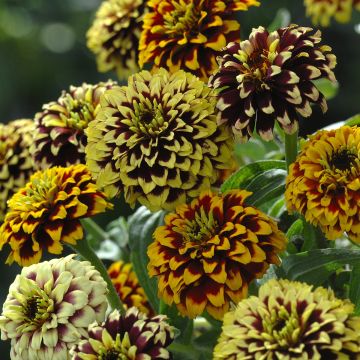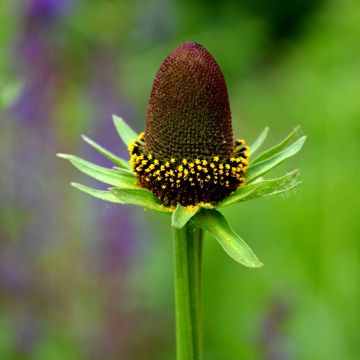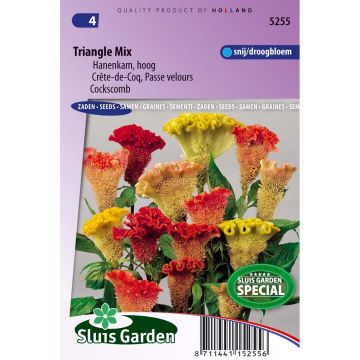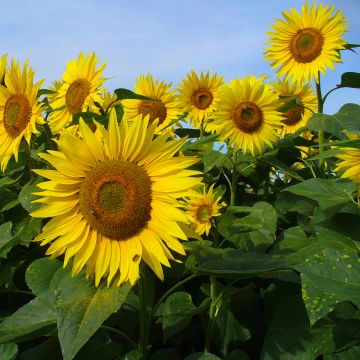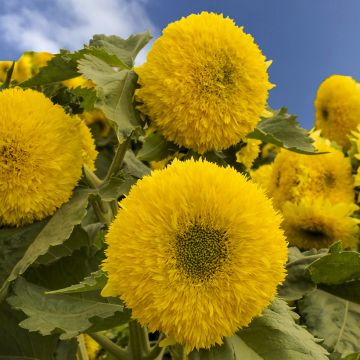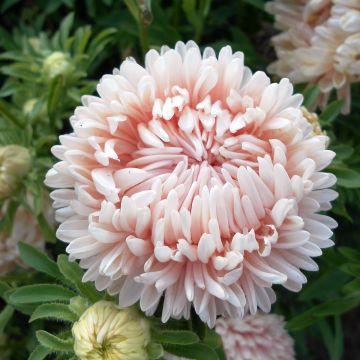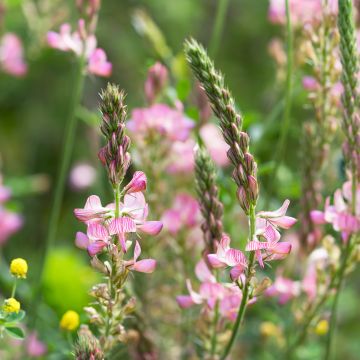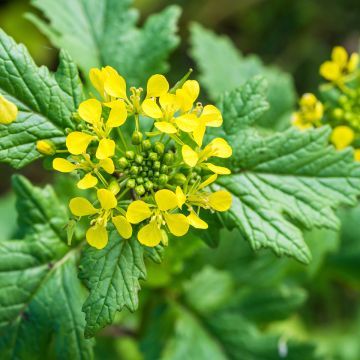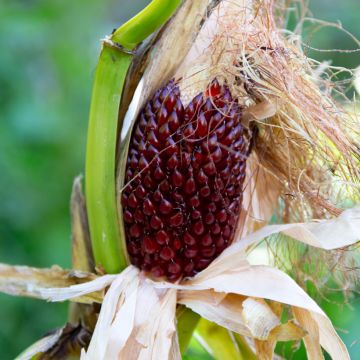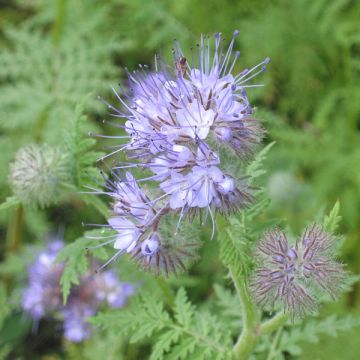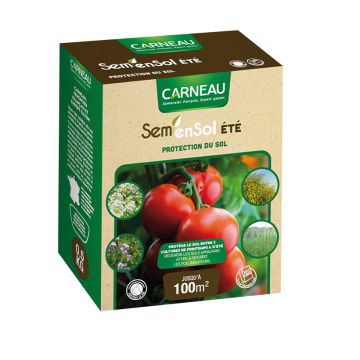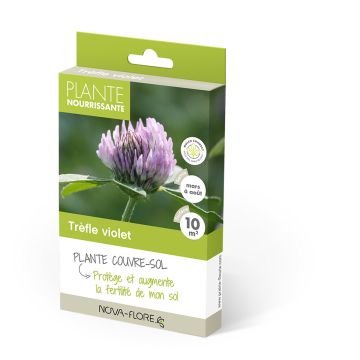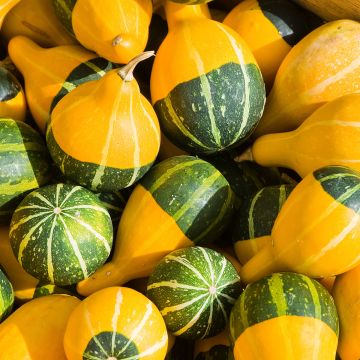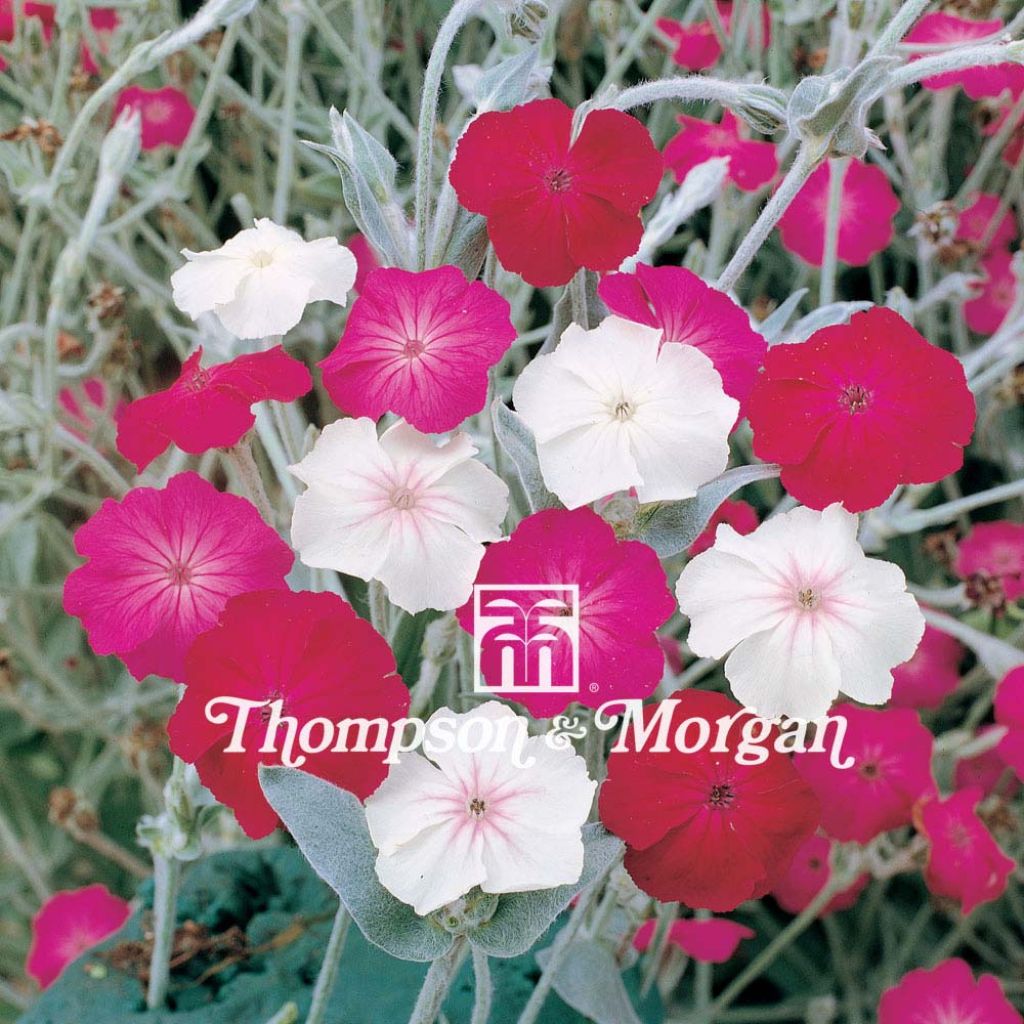

Graines de Lychnis coronaria Dancing Ladies - Coquelourde des Jardins en mélange
Lychnis coronaria Dancing Ladies - Rose Campion seeds
Lychnis coronaria Dancing Ladies
Rose Campion, Dusty Miller, Mullein-pink, Bloody William
The seedlings have done very well, I'm waiting to transplant them to see the result but I'm confident.
Cécile, 14/05/2020
This item cannot be shipped to the selected country
Dispatch by letter from €3.90
More information
Schedule delivery date,
and select date in basket
This plant carries a 6 months recovery warranty
More information
We guarantee the quality of our plants for a full growing cycle, and will replace at our expense any plant that fails to recover under normal climatic and planting conditions.
Seed-only orders are dispatched by sealed envelope. The delivery charge for seed-only orders is €3.90.
Does this plant fit my garden?
Set up your Plantfit profile →
Description
Lychnis coronaria 'Dancing Ladys' is a mix of colours. Each plant will bear white, red, or bright pink flowers, highlighted by beautiful silver foliage. This lovely short-lived perennial is sometimes grown as a biennial, its fast growth allows it to bloom as early as the second year after sowing and it easily spreads in the garden by self-seeding wherever it pleases, including in rocky soils. Offering a perfect chromatic harmony, Lychnis coronaria is sometimes difficult to associate with other flowers, but it is remarkable among grasses and magnificent in the harsh light of summer, surrounded by plants with grey or white foliage.
Lychnis coronaria is a plant of the Caryophyllaceae family, native to southern Europe and western Asia. It is a woolly-white perennial with a woody crown which forms basal rosettes from which stems rise to 70 cm (28in), sometimes more depending on the nature of the soil, from its second year. They are robust, simple or have some branching. The plant quickly forms a clump 45 cm (18in) wide. Flowering takes place from June to September, in the form of clusters of single, flat flowers with 5 petals, 4 to 5 cm (2in) in diameter, on long peduncles. They will be pure white, magenta red, or a bright fuchsia pink depending on the plants. Its leaves are ovate-oblong, covered with a silvery grey felt, semi-evergreen to evergreen in mild climates. Lychnis coronaria produces lots of seeds that will be dispersed by the wind and germinate very easily in light soil.
Plant Lychnis 'Dancing Ladys' wherever you want to quickly bring colour and texture. It is an excellent filling perennial, an ideal plant for English cottage gardens or herb gardens and perfect for quickly filling spaces between other plants (iris, lavenders, asters, Caryopteris, ground-cover roses, Perowskia) in a brand-new flower bed. You can create a beautiful combination with old or English roses, evergreen shrubs like dark green Eleagnus ebbingei with silver young shoots, shrubby artemisias and any grey or white foliage. Aromatic plants like Sage, Thyme, Lavender, and Rosemary, which require the same growing conditions, will go well with it in poor soils. Mix 'Dancing Ladys' with beautiful grasses like Stipa, Eragrostis, or Miscanthus in slightly wild flower beds. This plant also makes very pretty country bouquets.
Report an error about the product description
Flowering
Foliage
Plant habit
Botanical data
Lychnis
coronaria
Dancing Ladies
Caryophyllaceae
Rose Campion, Dusty Miller, Mullein-pink, Bloody William
Cultivar or hybrid
Other Flower seeds A to Z
Planting and care
Sowing:
Like other perennials, Lychnis coronaria can be sown in summer for transplanting into the ground in autumn.
In a seed tray under a ventilated shelter, cover the seeds with a light layer of compost and vermiculite, keeping them moist and in the sun (essential for germination). The seeds will germinate between 15 and 21 days. As soon as the seedlings are large enough to be handled, plant them in their final position in September and October, depending on their growth and the climate. Alternatively, transplant them into 8cm (3in) pots and keep them under shelter to protect them during winter (monitor watering and avoid heavy frosts). The plants will then be planted out in the spring.
Another option is to sow the seeds directly in the ground in late summer and thin out the seedlings if necessary in the spring. Make sure to loosen the soil and water the seedlings.
In both cases, watch out for snails and slugs.
Cultivation:
Lychnis coronaria is evergreen down to -20°C (-4°F) (Zone 5 to 8) and thrives in sunny or semi-shaded locations. This plant is naturally found in uncultivated and rocky soils. Plant it in a porous, dry to moist, well-drained, slightly alkaline soil from February to April in the north and from September to November in more southern regions. This Lychnis tolerates drought well and requires little care and watering. Prune it after flowering to remove dry parts and promote new growth and a second flowering. The plant self-seeds abundantly.
Sowing period
Intended location
-
, onOrder confirmed
Reply from on Promesse de fleurs
Flower seeds
Haven't found what you were looking for?
Hardiness is the lowest winter temperature a plant can endure without suffering serious damage or even dying. However, hardiness is affected by location (a sheltered area, such as a patio), protection (winter cover) and soil type (hardiness is improved by well-drained soil).

Photo Sharing Terms & Conditions
In order to encourage gardeners to interact and share their experiences, Promesse de fleurs offers various media enabling content to be uploaded onto its Site - in particular via the ‘Photo sharing’ module.
The User agrees to refrain from:
- Posting any content that is illegal, prejudicial, insulting, racist, inciteful to hatred, revisionist, contrary to public decency, that infringes on privacy or on the privacy rights of third parties, in particular the publicity rights of persons and goods, intellectual property rights, or the right to privacy.
- Submitting content on behalf of a third party;
- Impersonate the identity of a third party and/or publish any personal information about a third party;
In general, the User undertakes to refrain from any unethical behaviour.
All Content (in particular text, comments, files, images, photos, videos, creative works, etc.), which may be subject to property or intellectual property rights, image or other private rights, shall remain the property of the User, subject to the limited rights granted by the terms of the licence granted by Promesse de fleurs as stated below. Users are at liberty to publish or not to publish such Content on the Site, notably via the ‘Photo Sharing’ facility, and accept that this Content shall be made public and freely accessible, notably on the Internet.
Users further acknowledge, undertake to have ,and guarantee that they hold all necessary rights and permissions to publish such material on the Site, in particular with regard to the legislation in force pertaining to any privacy, property, intellectual property, image, or contractual rights, or rights of any other nature. By publishing such Content on the Site, Users acknowledge accepting full liability as publishers of the Content within the meaning of the law, and grant Promesse de fleurs, free of charge, an inclusive, worldwide licence for the said Content for the entire duration of its publication, including all reproduction, representation, up/downloading, displaying, performing, transmission, and storage rights.
Users also grant permission for their name to be linked to the Content and accept that this link may not always be made available.
By engaging in posting material, Users consent to their Content becoming automatically accessible on the Internet, in particular on other sites and/or blogs and/or web pages of the Promesse de fleurs site, including in particular social pages and the Promesse de fleurs catalogue.
Users may secure the removal of entrusted content free of charge by issuing a simple request via our contact form.
The flowering period indicated on our website applies to countries and regions located in USDA zone 8 (France, the United Kingdom, Ireland, the Netherlands, etc.)
It will vary according to where you live:
- In zones 9 to 10 (Italy, Spain, Greece, etc.), flowering will occur about 2 to 4 weeks earlier.
- In zones 6 to 7 (Germany, Poland, Slovenia, and lower mountainous regions), flowering will be delayed by 2 to 3 weeks.
- In zone 5 (Central Europe, Scandinavia), blooming will be delayed by 3 to 5 weeks.
In temperate climates, pruning of spring-flowering shrubs (forsythia, spireas, etc.) should be done just after flowering.
Pruning of summer-flowering shrubs (Indian Lilac, Perovskia, etc.) can be done in winter or spring.
In cold regions as well as with frost-sensitive plants, avoid pruning too early when severe frosts may still occur.
The planting period indicated on our website applies to countries and regions located in USDA zone 8 (France, United Kingdom, Ireland, Netherlands).
It will vary according to where you live:
- In Mediterranean zones (Marseille, Madrid, Milan, etc.), autumn and winter are the best planting periods.
- In continental zones (Strasbourg, Munich, Vienna, etc.), delay planting by 2 to 3 weeks in spring and bring it forward by 2 to 4 weeks in autumn.
- In mountainous regions (the Alps, Pyrenees, Carpathians, etc.), it is best to plant in late spring (May-June) or late summer (August-September).
The harvesting period indicated on our website applies to countries and regions in USDA zone 8 (France, England, Ireland, the Netherlands).
In colder areas (Scandinavia, Poland, Austria...) fruit and vegetable harvests are likely to be delayed by 3-4 weeks.
In warmer areas (Italy, Spain, Greece, etc.), harvesting will probably take place earlier, depending on weather conditions.
The sowing periods indicated on our website apply to countries and regions within USDA Zone 8 (France, UK, Ireland, Netherlands).
In colder areas (Scandinavia, Poland, Austria...), delay any outdoor sowing by 3-4 weeks, or sow under glass.
In warmer climes (Italy, Spain, Greece, etc.), bring outdoor sowing forward by a few weeks.


































